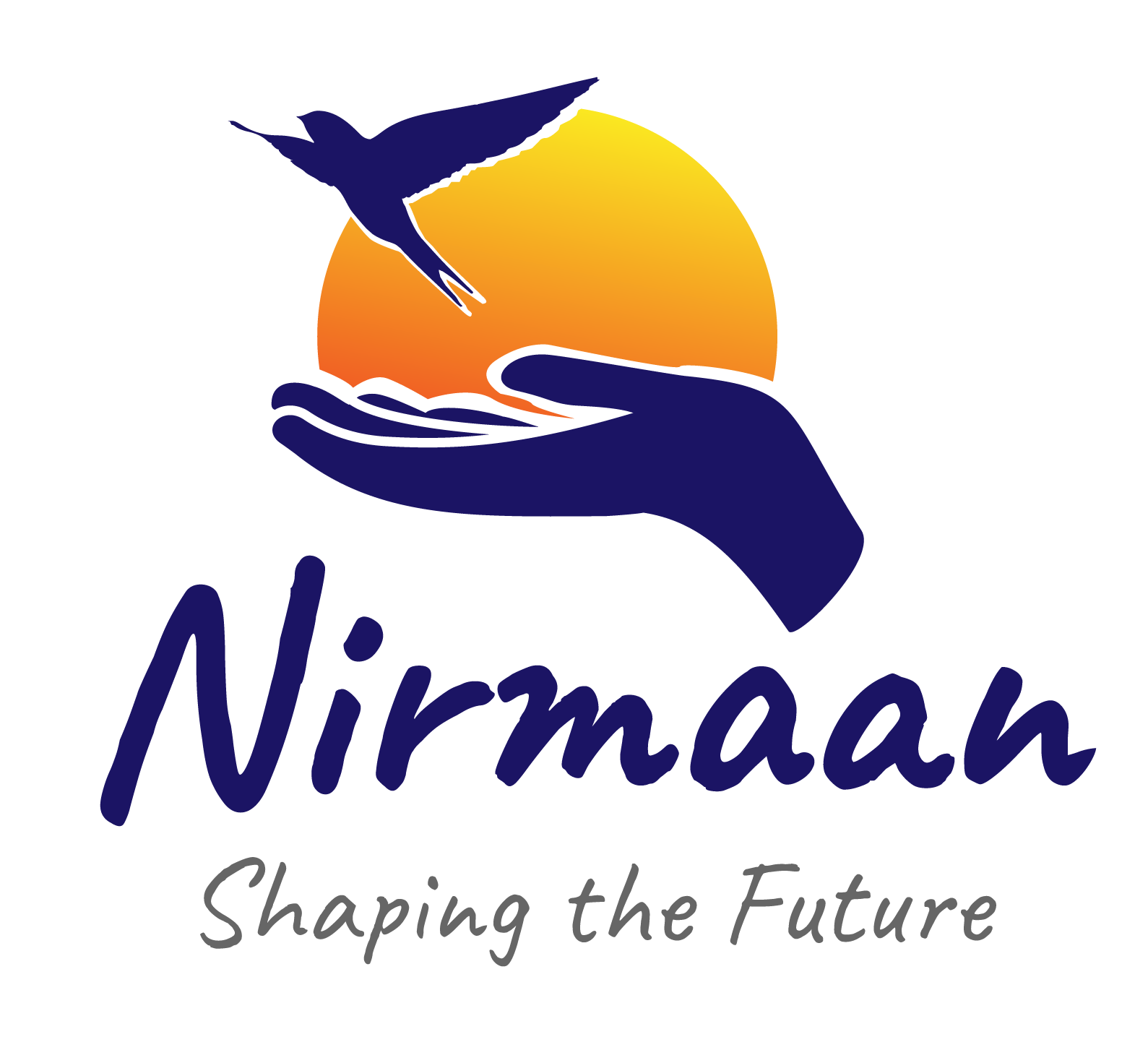The Future of Career Development: VR Training's Impact
As we venture deeper into 2025, the landscape of career development is undergoing a profound transformation. The advent of technology has always been a catalyst for change, but few innovations have the potential to revolutionize skill acquisition and job readiness as much as Virtual Reality (VR) training. This immersive technology is not just a tool; it’s reshaping how individuals prepare for careers in various emerging industries.
Virtual Reality provides an interactive and engaging learning experience that traditional training methods often lack. By simulating real-world scenarios, VR allows trainees to practice skills in a safe environment, making mistakes and learning from them without the real-world consequences. This aspect is particularly beneficial in high-stakes fields such as healthcare, aviation, and emergency services, where practical experience is crucial.
One of the significant advantages of VR training is its ability to cater to diverse learning styles. Visual learners benefit from immersive environments, while kinesthetic learners can engage with virtual objects, enhancing their understanding and retention of complex concepts. This personalized approach to learning is essential in today’s fast-paced job market, where adaptability and continuous skill development are vital.
As industries evolve, so do the skills required to thrive within them. VR training is particularly effective in preparing individuals for roles in emerging sectors such as artificial intelligence, renewable energy, and cybersecurity. These fields demand a workforce equipped with not only technical skills but also the ability to adapt to rapidly changing technologies. VR training can simulate these changes, providing learners with a realistic glimpse into their future work environments.
Moreover, the global reach of VR technology means that training can be accessible to a broader audience. Geographic barriers are diminished, allowing individuals from various backgrounds and locations to gain the skills necessary for today’s job market. This inclusivity fosters diversity in the workforce, which is crucial for innovation and problem-solving in any industry.
Employers are beginning to recognize the benefits of VR training as well. Companies that invest in this technology are not only enhancing their training programs but also improving employee retention and job performance. By providing employees with cutting-edge training tools, businesses can ensure their teams are well-prepared for the challenges of their respective fields.
In conclusion, the future of career development is intrinsically linked to advancements in technology, particularly Virtual Reality training. As we progress through 2025 and beyond, it is clear that VR is not just a passing trend; it is a fundamental shift in how we acquire skills and prepare for the workforce. Embracing this technology will not only enhance individual career prospects but also drive innovation and growth within emerging industries.



Leave a Comment
To post comment, please